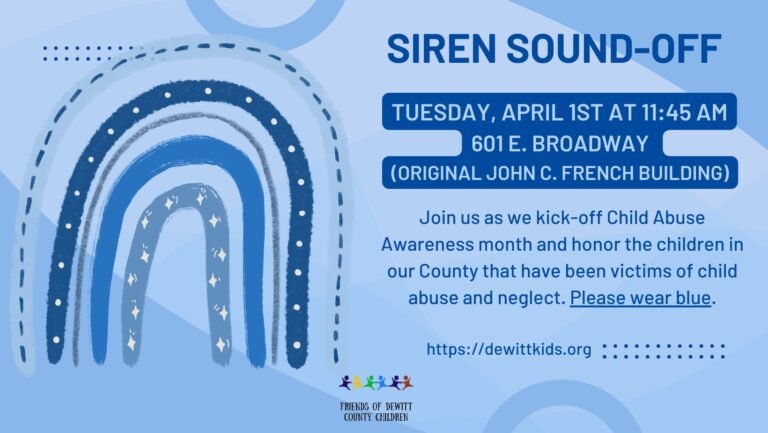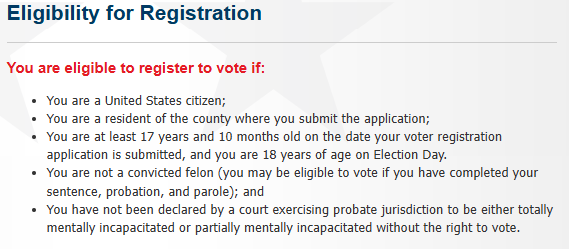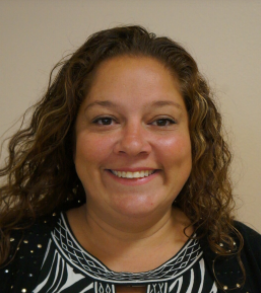According to reports from The Texas Tribune Texas is facing a potential water crisis due to rapid population growth, climate change, and outdated infrastructure. “Water scarcity is no longer a distant threat — it’s here, and it’s already disrupting the lives of Texans across the state,” said, Sen. Charles Perry.
Perry said in a statement. To address this, state lawmakers are debating major water legislation, including Senate Bill 7 and House Bill 16, introduced by state Sen. Charles Perry and state Rep. Cody Harris, respectively. The proposals aim to:
– Secure long-term water supplies, repair aging infrastructure, and address flood mitigation.
– Allocate up to $1 billion annually to the Texas Water Fund for water projects, with voters likely being asked to approve the spending.
– Establish committees to oversee water funding and improve infrastructure connectivity.
The state’s 2022 water plan predicts an 18% drop in water availability, with groundwater experiencing the most significant decline. Without proactive measures, a record-breaking drought could lead to a municipal water crisis as early as 2030, highlighting the urgent need for immediate action.
Key differences between the proposals include funding timelines, tax sources, and spending priorities, with Perry emphasizing new water sources like desalination, while Harris advocates a broader approach.
How Texans Can Help
Rainwater harvesting is a great way to help the environment and reduce your dependency on municipal water sources. Dry, hot summers and light winter rains have caused some Texas cities to enact water restrictions in hopes of preserving this precious resource. Luckily, Texas encourages residents to harvest rainwater to reduce the burden drought conditions cause Texas’ already limited water supply. 
Rainwater Harvesting at Home – The Voice of Cuero,Texas
Why We Need to Harvest Rainwater in Texas
As Texas’ population continues to grow, maintaining a stable water supply is crucial. Drought conditions and excessive pumping of groundwater are impacting the water levels in aquifers. Texas started the year with notably low water levels with another hot, dry summer in the forecast. To alleviate the burden on overtaxed municipal water sources, Texans must increase their water conservation efforts, which include collecting rainwater.
Benefits of Harvesting Rainwater
- Conserves water.
• Can be used to water landscapes when outdoor watering restrictions are in place.
• Rainwater has zero hardness and is healthier for plants.
• Reduces your water bill.
• Lowers demand on water resources.
• Reduces the need for new water infrastructure (reservoirs) and extends the useful life of existing water resources such as aquifers and rivers.
• Reduces stormwater runoff that can lead to flooding and groundwater pollution.
• Acts as a backup source in case of emergencies.
• The water is free! How to Harvest Rainwater at Home When planning to collect rainwater at home, consider these factors:
How to Harvest Rainwater at Home When planning to collect rainwater at home, consider these factors:
1. What is the average rainfall in your area? Use this resource to find your county and determine what your average rainfall is per year.
2. What is the surface area of your roof? The general rule is that for every 1,000 square feet of roof, you can collect 0.62 gallons of water per inch of rainfall. The calculation would be (square feet x 0.62 gal/inch x inches of rainfall/year). For example, for a 2,000-square-foot roof in Travis County where the average rainfall is 33.65 inches, 41,726 gallons of rainwater can be collected annually.
3. What will you use the rainwater for? Knowing what you plan to use the water for will help you determine how much water you’ll need to collect. This will help you decide what kind of infrastructure will work best for your needs.

The most common system for rainwater capture is a simple rain barrel placed under a downspout that catches rainwater runoff from roofs and gutters. If you want to learn how to build a rain barrel, watch this video. With a little upkeep, these rain barrels can supply safe, high-quality water for your yard. Follow the tips in this blog to learn how to keep your rain barrel clean.
Larger tanks called cisterns can also be installed to collect even more rainwater. They are typically placed underground or partially underground and are made from durable materials such as concrete, fiberglass, and steel. Cisterns are usually built to hold thousands of gallons of water, whereas rain barrels are much smaller, holding roughly 50-100 gallons of water. Knowing how much water you’ll need and how much you can collect will help you determine which collection system is best for you.
For more guidance on calculating your house’s potential for rainwater capture, read this blog.
Uses for Harvested Rainwater
TCEQ recommends using collected rainwater for outdoor use only, such as:
• Landscape irrigation, like lawns and ground cover.
• Watering indoor and outdoor plants, like shrubs, flowers, and trees.
• Filling water fountains and other water features.
• Washing cars.
Note: Harvested rainwater may not be safe for consumption. Rainwater collected from roofs may contain bird droppings, bacteria, parasites, viruses, and chemicals that can make you sick. To reduce the risk of getting sick, the CDC recommends avoiding using harvested rainwater for drinking, cooking, or brushing your teeth.
How Texas Supports Rainwater Harvesting
Every year, Texas has a Water-Efficient Products Sales Tax Holiday during which you can purchase a rain barrel or alternative collection system without paying state sales taxes. Other water-efficient products, such as soakers, drip irrigation hoses, and moisture control irrigation systems are eligible—even plants, grasses, soil, and compost are included! Texas Property Code further promotes rainwater harvesting by preventing homeowner’s associations from prohibiting water capture systems.
In addition to state incentives, many Texas municipalities also have financial incentives such as discounts and rebates to encourage Texans to collect more rainwater. Check out this blog to see if your city offers rainwater harvesting incentives and discover more ways Texas supports this practice.

















